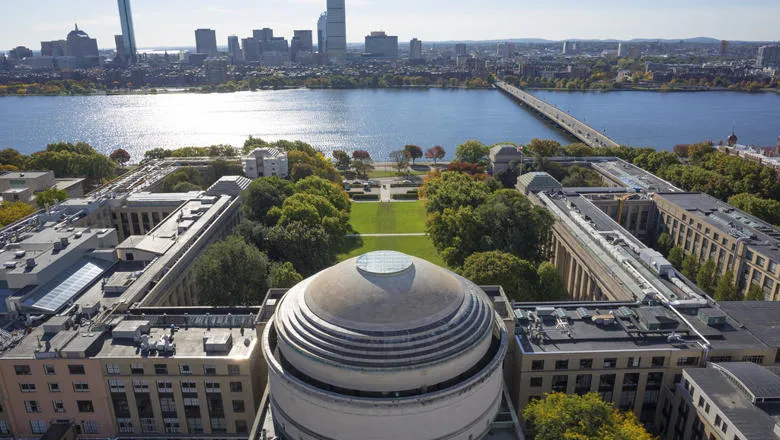I am incredibly grateful for this opportunity to join the MIT Security Studies Program and to take a deeper dive into the future of arms control. I hope this also contributes to the academic excellence of King's and to continue collaborating with my wonderful KCL colleagues.
Dr Heather Williams
03 September 2020
DSD academic joins the next generation of thought leaders in nuclear security at MIT
Dr Heather Williams has been appointed a Stanton Nuclear Security Fellow at Massachusetts Institute of Technology

Dr Heather Williams, a Lecturer in the Defence Studies Department and Centre for Science and Security Studies (CSSS) has been appointed a fellowship on the exclusive 10 month Nuclear Security Programme at the Massachusetts Institute of Technology (MIT).
During her fellowship, Dr Williams will continue her extensive research on asymmetric arms control, which was first published in the Journal of Strategic Studies in 2019. Specifically, she will be looking at how arms control mechanisms could incorporate emerging technologies, such as hypersonic glide vehicles and artificial intelligence, drawing on historical cases and contemporary strategic challenges.
Dr Williams has published extensively on the subject of nuclear arms control, most recently with her report ‘Remaining relevant: Why the Nuclear Non-Proliferation Treaty (NPT) must address emerging technologies’. Her research falls under three main strands: the future of arms control, disarmament and global nuclear order, and the impact of emerging technology social media on international security. Working within the Centre for Science and Security Studies, her research explores opportunities for trust-building across a wide array of security issues, and strives to produce policy-relevant outputs.
With the support of the Stanton Foundation, the Nuclear Security Fellows Program at MIT is available for pre-doctoral and post-doctoral scholars and junior faculty. Fellows produce policy-relevant research, including book manuscripts, draft articles, dissertations, chapters in edited volumes, or reports. Research covers all aspects of nuclear security, nuclear terrorism, nuclear proliferation and non-proliferation, nuclear weapons, and nuclear energy.
